Plastic-recycling – ABS-Eu-Prices 18-04-2022 - Arhive
Plastic-recycling – ABS-Eu-Prices
-Nestle, Danone, Unilever and PepsiCo agree on plastic chemical recycling principles
A clutch of the world’s largest consumer goods companies, including Mars, Nestle, Danone and Unilever, have united behind a set of principles for safe and environmentally responsible chemical recycling of plastic waste, arguing that such methods have a role to play in combatting the global plastics pollution crisis.
A position paper published by the 16 firms which make up the Consumer Goods Forum Plastic Waste Coalition concludes that chemical recycling could increase packaging recycling rates and deliver progress towards recycling targets, in particular for plastics that can’t be mechanically recycled, such as post-consumer flexible film.
But it notes that for chemical recycling to be credible, technologies must meet certain conditions around material traceability, process yields, environmental impact, and the extent to which they complement existing mechanical recycling approaches.
The Coalition brings together many of the corporate world’s most prolific plastic consumers, including PepsiCo, GSK, Colgate-Palmolive and Proctor & Gamble (P&G), which are under growing pressure to reduce their consumption of the fossil fuel-derived material, and ensure the packaging they do use is recycled instead of incinerated, causes pollution or dumped in landfill. Just last month, 175 national governments agreed to draw up a legally binding global treaty to combat plastic waste and pollution by 2024. Plastic-recycling – ABS-Eu-Prices
Used in the right way as part of a holistic approach, chemical recycling can contribute to a world where no plastic ends up in nature.
Advocates of chemical recycling argue pyrolysis, gasification, and solvent-based extraction technologies could help to reduce demand for virgin, fossil-based plastic and provide alternative waste management systems where mechanical recycling is impossible.
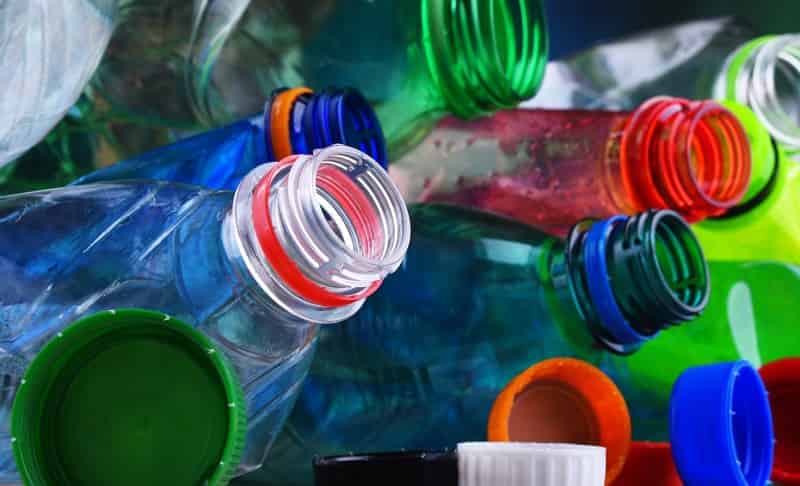
-Consumer Goods Forum weighs in on new plastic recycling technologies
The CGF’s Coalition of Action on Plastic Waste has published an independent scientific study that it says demonstates that chemical recycling could reduce the climate impact of plastic compared with waste-to-energy incineration.
The Consumer Goods Forum’s (CGF) Plastic Waste Coalition of Action has published ” “Chemical Recycling in a Circular Economy for Plastics,,” a paper that encourages the development of new plastics recycling technologies that meet six key principles for credible, safe and environmentally sound development.
In support of this position paper, the coalition also has an independent life cycle assessment (LCA) study that shows the chemical recycling of hard-to-recycle plastic could reduce the climate impact of plastic when compared with waste-to-energy incineration. Plastic-recycling – ABS-Eu-Prices
Guided by the global commitment led by the Ellen MacArthur Foundation, and in line with the newly announced UN Treaty on Plastic Pollution, the coalition says it is committed to the growth of the circular economy, having launched its full set of Golden Design Rules for plastic packaging and developing a framework for extended producer responsibility (EPR) programs. The coalition says it also is working to encourage recycling innovation, including chemical recycling to complement the growing mechanical recycling capacity.
In the area of chemical recycling, the coalition says it has established a set of principles for the safe scaling of pyrolysis-based chemical recycling. According to the paper it has released, chemical recycling could increase packaging recycling rates, enabling recyclability targets to be met, specifically for hard-to-recycle plastics, such as postconsumer flexible film.
To ensure that chemical recycling is developed and operated under “credible, safe and environmentally sound conditions,” the paper outlines what the coalition says are six key principles related to the technology’s complementarity with mechanical recycling, material traceability, process yields and environmental impact, health and safety and claims. Plastic-recycling – ABS-Eu-Prices
CGF members say they welcome feedback and engagement on this study and its broader work within the Plastic Waste Coalition of Action.
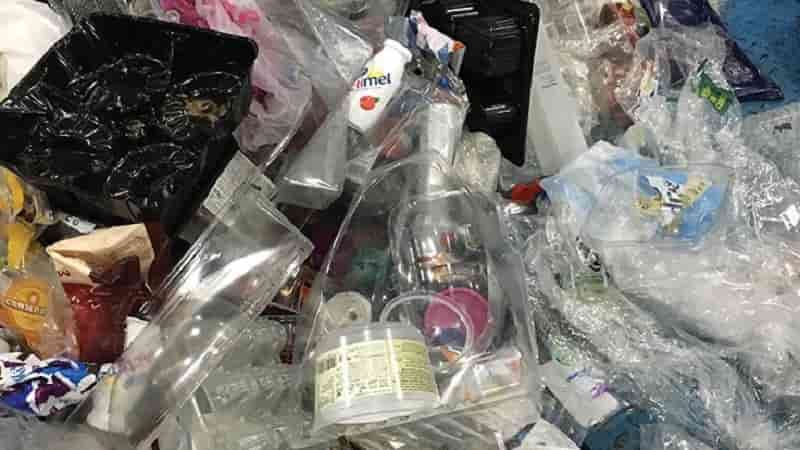
-Consumer Goods Forum weighs in on new plastic recycling technologies
Bridgestone Americas has partnered with carbon capture and transformation (CCT) company, LanzaTech NZ, Inc. (LanzaTech) to address end-of-life tire waste. The two companies will co-develop a dedicated end-of-life tire recycling process leveraging LanzaTech’s proprietary CCT technology, creating a pathway toward tire material circularity and the decarbonization of new tire production.
According to the Tire Industry Project operating under the umbrella of the World Business Council for Sustainable Development (WBCSD), more than one billion tires globally reach the end of their useful service life each year.
Bridgestone and LanzaTech will work to address this issue by converting end-of-life tires into new materials, including exploring processes to create sustainable synthetic rubber that does not rely on petrochemicals. Plastic-recycling – ABS-Eu-Prices
“We are excited to join forces with LanzaTech to co-create a more sustainable pathway for end-of-life tires,” said Paolo Ferrari, President & CEO of Bridgestone Americas. “The steps we take today are determining the health of our planet for future generations. We are determined to meet the moment with sustainable innovation that transforms the way tires are made and promotes end-to-end material circularity.”
“LanzaTech and Bridgestone are working together to find solutions to some of our world’s greatest challenges,” said Dr. Jennifer Holmgren, CEO at LanzaTech. “We have already proven that we can convert unrecyclable, unsorted municipal solid waste to ethanol and then make products we use in our daily lives. With our partnership with Bridgestone, we are developing a circular pathway to use tires to make tires.”
Bridgestone and LanzaTech seek to develop a new business model that will create a post-consumer waste management strategy for end-of-life tires, while also driving increased adoption of sustainably sourced chemicals for commercial applications. Applying LanzaTech’s carbon capture and gas fermentation process to end-of-life tires yields sustainably produced chemicals such as ethanol that can be converted to materials such as PET for packaging, polyester yarn and surfactants used in consumer home goods like laundry detergent.
In addition, Bridgestone and LanzaTech will jointly explore opportunities to co-develop proprietary microbe technology to produce more efficient pathways to produce butadiene, a key ingredient in new tire production, realizing true circularity for end-of-life tires. Plastic-recycling – ABS-Eu-Prices
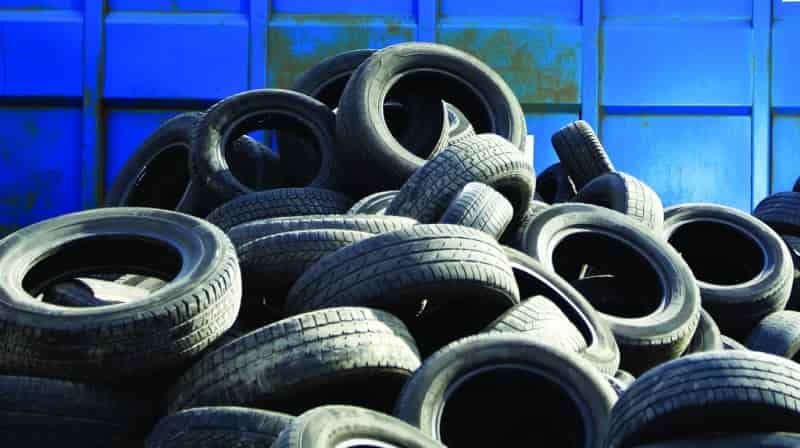
-ARC to research end-of-life EV processing, parts reuse, and recycling
The Automotive Recyclers of Canada (ARC) plans to create a roadmap for its members and the industry in preparation for the increased number of end-of-life electric vehicles (EVs) over the next three to five years.
The first part of the project will include research, gap analysis and an assessment for future work, such as sales, end-of-life estimates, and additional data required to fill in any identified gaps. Plastic-recycling – ABS-Eu-Prices
The analysis will also take into consideration the potential reuse of the entirety of EV parts, not just the battery.
Research and analysis conducted in Part One will aim to answer questions such as the metal content difference between EVs and ICE vehicles; which critical minerals are presently being used in EVs and what materials may require new approaches for end-of-life processing; which EV parts can be re-used, re-purposed, re-built and recycled, and by whom; how auto recyclers are currently managing EV parts and components, including advanced batteries and rare earth magnets; whether OEMs need to be involved in the management of EVs and the end-of-life; and many more.
Part Two will involve the development of a roadmap for the next three to five years, with the goal of helping the automotive recycling sector meet future needs for the management of end-of-life electric vehicles, including their batteries, in an economically feasible and environmentally sound manner. The aim of the roadmap is to guide and build capacity across Canada to address these challenges.
Where Part One of the work will establish a baseline, Part Two will focus on what can and should be done to address any noted obstacles, by who, when, and how. The roadmap will address both economic and environmental dimensions and consider how the gaps or challenges identified in Part One can be bridged.
“The project is about the entire EV–not just the battery–like so many other studies and efforts,” said Steve Fletcher, managing director of the Automotive Recyclers of Canada. “This way we can look at the vehicles holistically and separating parts from the vehicle makes that challenging.” Plastic-recycling – ABS-Eu-Prices
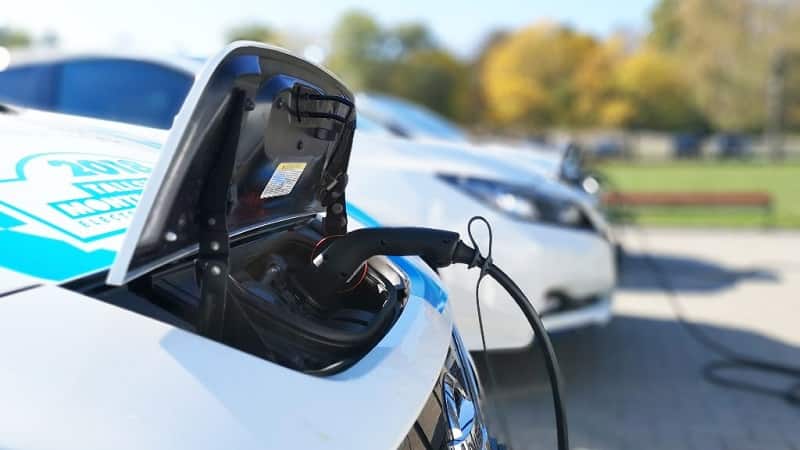
-Trinseo raises April prices for PC/ABS grades and MAGNUM ABS in Europe
Trinseo, a global materials company and manufacturer of plastics, latex binders, and synthetic rubber, and its affiliate companies in Europe, have announced a price increase for all PULSE polycarbonate (PC)/ acrylonitrile-butadiene-styrene (ABS) and for all MAGNUM ABS automotive market products in Europe, according to the company’s press release. Plastic-recycling – ABS-Eu-Prices
Effective April 1, 2022, or as existing contract terms allow, the contract and spot prices for the products stated above rose as follows:
– PULSE PC/ABS resins – by EUR230 per metric ton;
– MAGNUM ABS resins – by EUR200 per metric ton.
Note: Utility surcharges are not included in the above price changes and are in addition to these amounts.
As MRC reported earlier, Trinseo last raised its prices for all PULSE PC/ABS grades and MAGNUM ABS products in Europe on January 1, 2022, by EUR200 per metric ton.
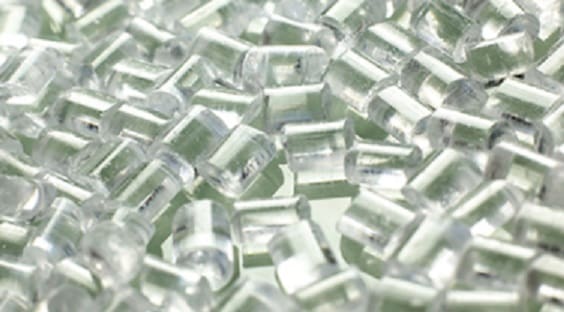
-Q1 spandex market revew and Q2 outlook
Supply of spandex turned to be longer in the first quarter of 2022 after being tight in 2021. Most spandex plants kept running at high capacity and new units successively started operation. Plastic-recycling – ABS-Eu-Prices
uying interest compared with the same period of last year. The divergence between supply and demand escalated in Q1 on spandex market. Price of spandex shivered weakly.
The spandex capacity has reached 1014.5kt/year at the end of first quarter in 2022, up by 4.1% on the quarter and 19.1% on the year respectively.
Price of spandex extended lower since Q4 2021 with cautious downstream procurement and increasing supply. Price of 20D and 30D was weak with inadequate downstream orders for spring and summer fabrics and meager cash flow. 35D-140D saw apparently shrinking cash flow and the cash flow narrowed to near the break-even line after price rapidly fell before the Lunar Chinese New Year holiday, while prices still inched down after holiday. Plastic-recycling – ABS-Eu-Prices
Prices of 35D and other coarse denier spandex slightly rallied in Mar after replenishment grew in end-Feb when dealers restocked and players expected spandex price to increase with the coming of traditional peak season.
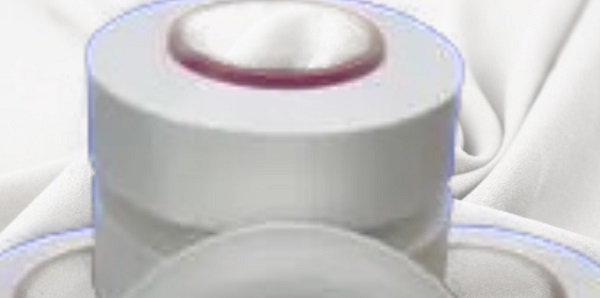
Plastic-recycling – ABS-Eu-Prices
